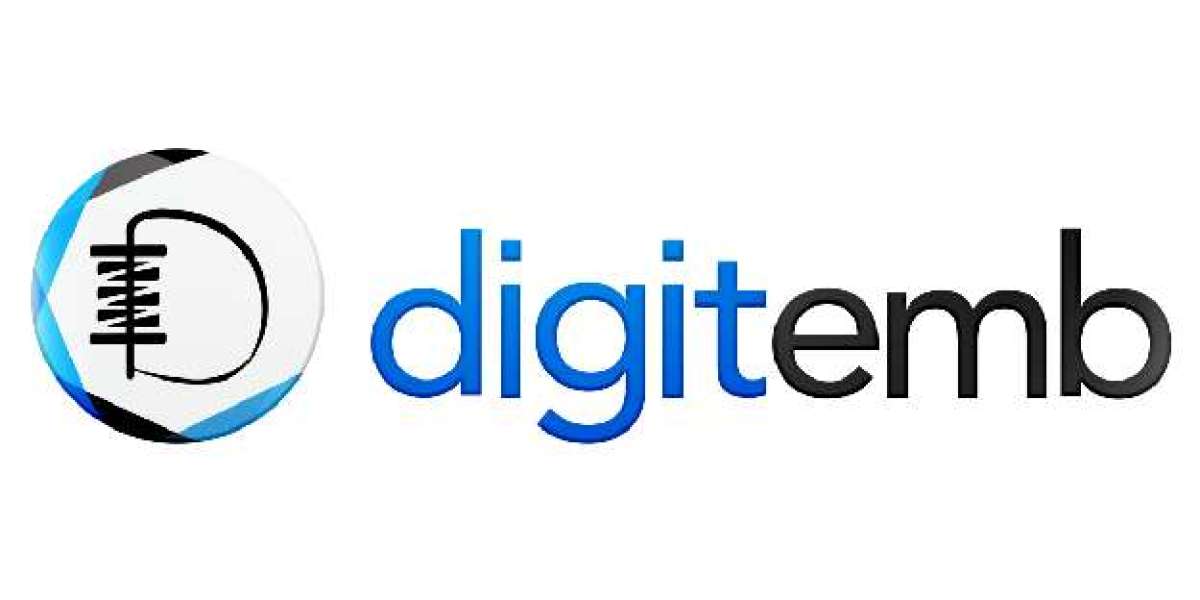In the evolving landscape of Web 3.0 and decentralized finance (DeFi), the choice of blockchain platform plays a pivotal role in determining an app's performance, scalability, and security. Among the most promising platforms, Cardano has emerged as a powerful contender for developers and businesses looking to build secure, scalable, and future-ready blockchain apps. With the introduction of Plutus, Cardano’s smart contract platform, developers can now harness the full potential of Haskell-based scripting to create complex decentralized applications (dApps) with high assurance and efficiency.
In this blog, we’ll explore how Cardano smart contracts work, what makes them unique, and how developers can build secure and scalable blockchain apps using Plutus.
What Are Cardano Smart Contracts?
Cardano smart contracts are programs that automatically execute predefined actions when specific conditions are met. Unlike Ethereum, where smart contracts are typically written in Solidity, Cardano utilizes Plutus, a functional programming language built on Haskell.
This approach brings several benefits:
Formal verification: Allows for rigorous testing and validation.
Deterministic behavior: Ensures predictable and reliable contract execution.
Enhanced security: Reduces bugs and vulnerabilities due to Haskell’s strong typing.
Plutus splits smart contract logic into two parts: on-chain code that lives directly on the blockchain, and off-chain code that interacts with the chain and manages user interactions.
Why Choose Cardano for dApp Development?
Here are a few compelling reasons why Cardano is gaining traction for building Web 3.0 and DeFi applications:
1. Academic Rigor and Peer-Reviewed Development
Cardano is built on a foundation of scientific philosophy and academic research. Each update and improvement is peer-reviewed, which significantly enhances the platform’s security, reliability, and long-term scalability.
2. Energy Efficiency
Cardano operates using a Proof-of-Stake (PoS) consensus algorithm called Ouroboros, which is far more energy-efficient than traditional Proof-of-Work models like Bitcoin or Ethereum 1.0.
3. High Scalability
Thanks to its layered architecture, Cardano separates the settlement and computation layers, which allows for faster transactions and the ability to scale without congesting the network.
4. Interoperability and Sustainability
Cardano is designed with interoperability in mind, making it easier to integrate with other blockchains and financial systems. Its treasury system also ensures long-term sustainability by funding future network improvements.
Getting Started with Plutus: Building on Cardano
Developers looking to build blockchain apps on Cardano need to understand Plutus and how the architecture works. Here’s a step-by-step guide to help you begin:
Step 1: Understand the Basics of Haskell
Plutus is built on Haskell, so having a foundational understanding of functional programming is a must. Haskell’s syntax and mathematical precision make it ideal for writing secure smart contracts.
Step 2: Set Up the Plutus Development Environment
To start developing:
Install the Plutus Playground (a browser-based tool for testing and writing smart contracts).
Set up the Cardano node and the Plutus Application Backend (PAB) locally for a more robust development experience.
Step 3: Write Your Smart Contract
A simple smart contract in Plutus might look like a validator script that only allows transactions when certain conditions are met. For instance, a crowdfunding contract can release funds only when the goal amount is reached.
Step 4: Test the Contract in Plutus Playground
You can simulate user actions, evaluate contract logic, and debug issues in the Plutus Playground before deploying anything on the mainnet. This ensures your dApp behaves exactly as intended.
Step 5: Deploy and Interact with Your Contract
Once the code is finalized, use the Cardano CLI or third-party tools like Marlowe or Atlas to deploy the smart contract on the Cardano blockchain.
Use Cases of Cardano Smart Contracts
The possibilities with Cardano smart contracts are vast. Some promising applications include:
DeFi platforms: Lending, borrowing, staking, and yield farming solutions with low gas fees.
NFT marketplaces: Secure, scalable trading platforms for digital assets.
Identity and credential verification: Using blockchain for tamper-proof digital identity.
Crowdfunding platforms: Transparent, condition-based fund allocation.
Supply chain tracking: End-to-end visibility with verifiable transactions.
Security & Best Practices
Building on a secure platform like Cardano is just the start. Follow these practices to ensure your app remains secure and reliable:
Formal Verification: Leverage Plutus' formal methods to verify contracts before deployment.
Audit Your Code: Always run third-party audits, especially for financial applications.
Use Plutus Libraries: Avoid writing from scratch—use vetted Plutus libraries and patterns.
Limit On-chain Logic: Keep complex logic off-chain when possible to reduce costs and improve performance.
Challenges to Consider
Despite its strengths, there are a few challenges:
Steep learning curve: Haskell and Plutus are not beginner-friendly.
Ecosystem maturity: Cardano’s dApp ecosystem is still growing compared to Ethereum.
Tooling limitations: While improving, the current developer tools are still evolving.
That said, these challenges are actively being addressed by the Cardano community and Input Output Global (IOG), making the platform more accessible with each update.
Final Thoughts
Cardano smart contracts offer a reliable, secure, and scalable foundation for building the next generation of decentralized applications. Whether you're a startup exploring DeFi, an enterprise building secure data apps, or a developer passionate about blockchain, Cardano’s Plutus platform opens up a world of innovation.
With its commitment to academic research, robust security model, and eco-friendly architecture, Cardano is not just a blockchain—it's a movement toward a more open, fair, and decentralized future.
Ready to build with Cardano?
Start exploring the Plutus platform and build your vision for the decentralized web today.
Brought to you by NetSet Software — Your trusted blockchain development partner.



